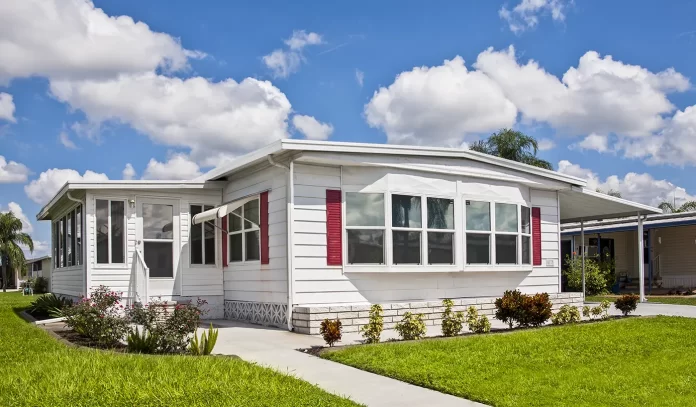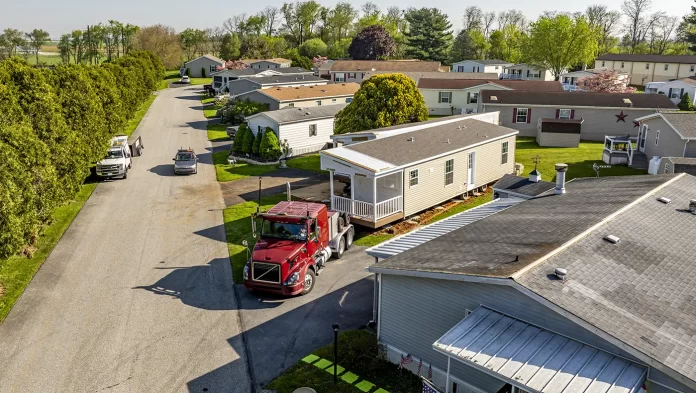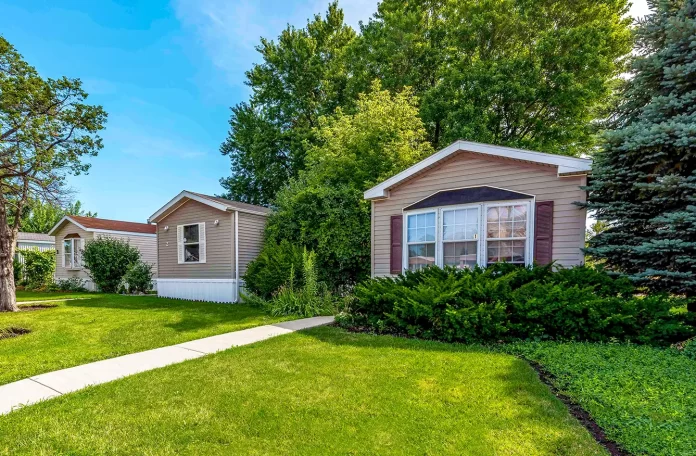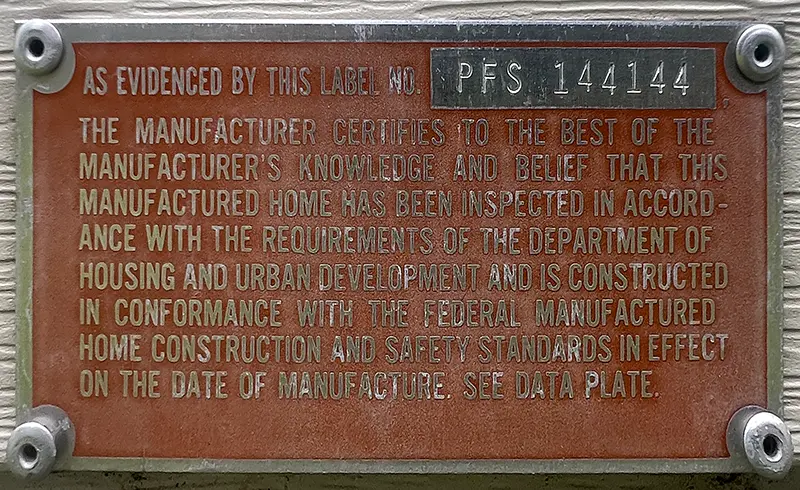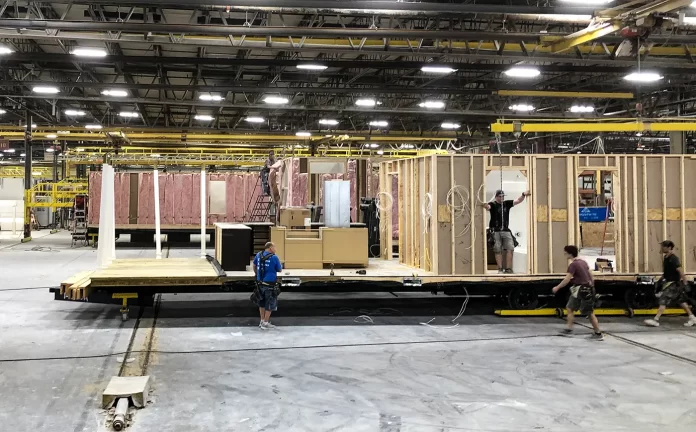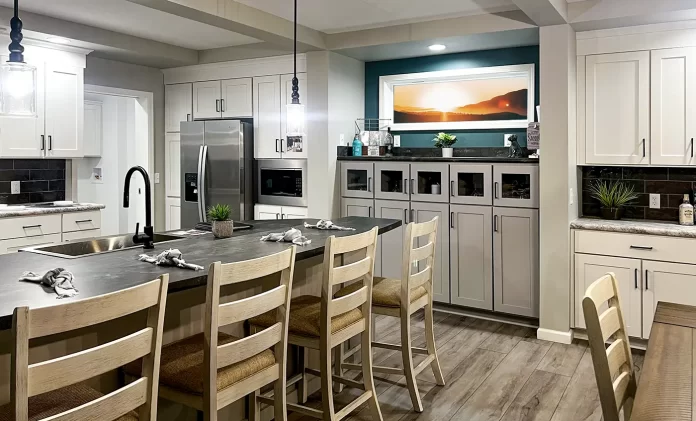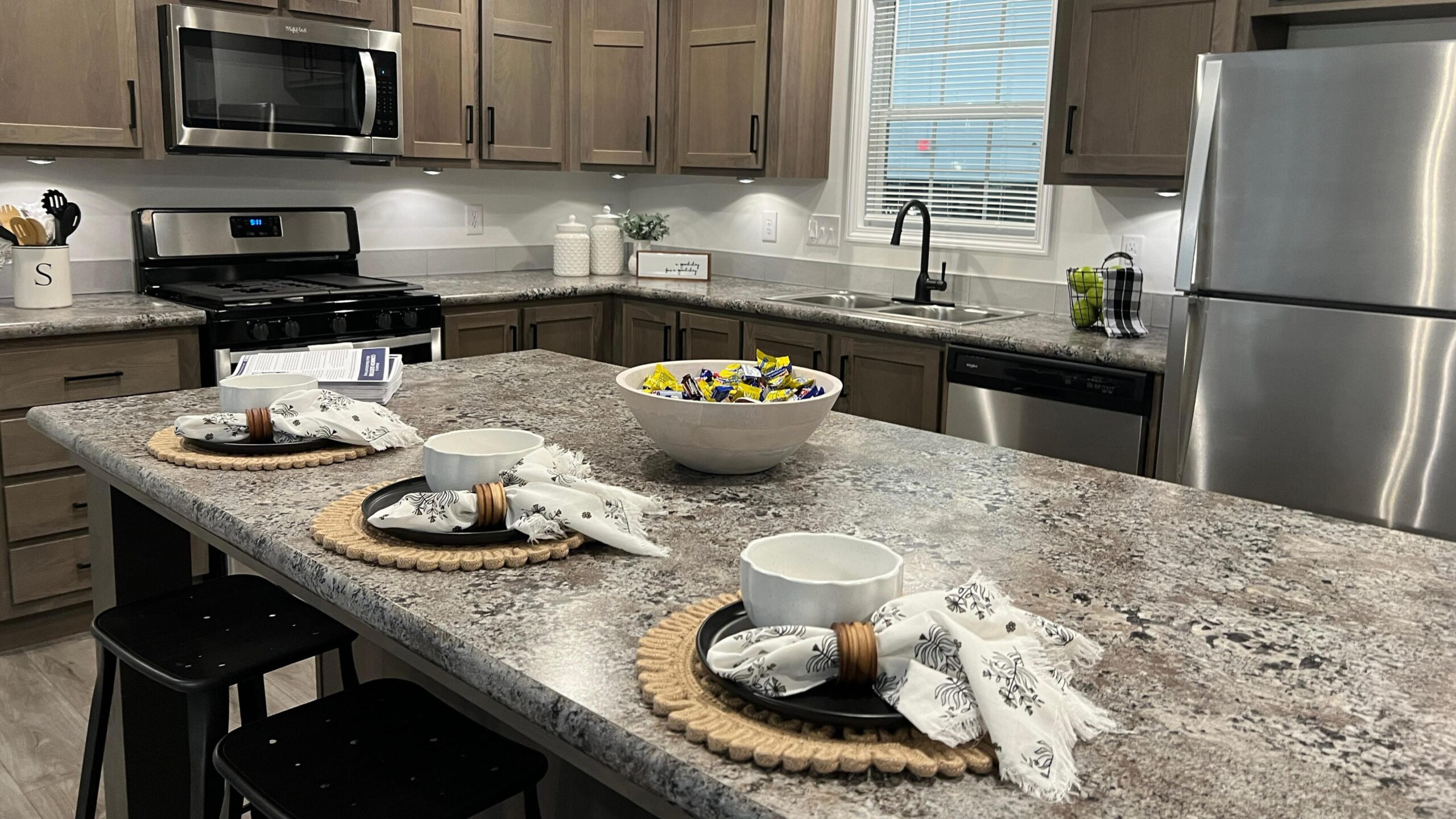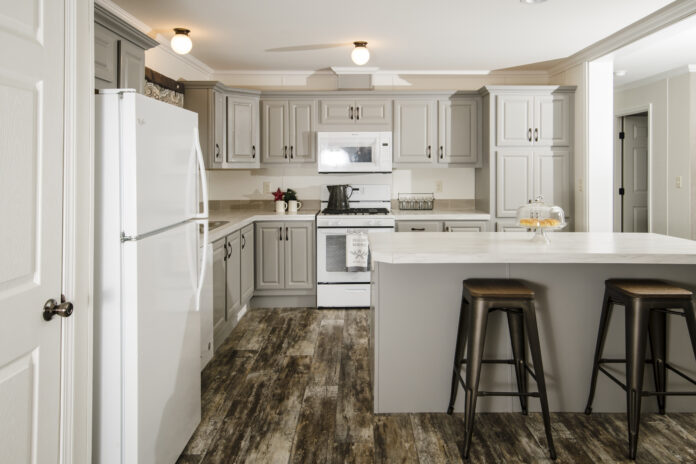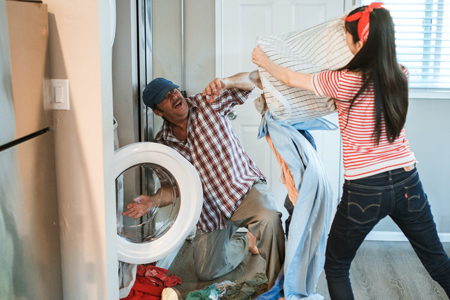When it comes to mobile homes, determining their value is crucial, whether you’re buying, selling, or refinancing. You may have heard of the “Blue Book” as a reference for pricing vehicles, but how does it apply to mobile homes? In this blog, we’ll break down what the Blue Book is, how it works for mobile homes, and why understanding your home’s value is key to making informed decisions.
Does Kelley Blue Book Do Mobile Homes?
No, Kelley Blue Book doesn’t provide values for mobile homes. While they’re well-known for pricing cars, RVs, and other vehicles, mobile homes don’t fall under their coverage. But don’t worry—there are other ways to determine the value of a mobile home.
For mobile homes, you’ll want to look at specialized resources like Datacomp Appraisal Systems or consult with mobile home retailers. These experts use factors like the age, condition, and location of the home to give you a more accurate estimate.
If you’re trying to sell or buy a mobile home, MHVillage is also a great place to start. With thousands of listings and pricing information for homes nationwide, you can get a good idea of what similar homes are selling for in your area. Plus, MHVillage also offers a manufactured and mobile home price guide that is free when you list your home with MHVillage, or can be purchased separately. While Kelley Blue Book won’t have what you need, the right tools are out there to help you find or assess the perfect mobile home.
What Is the NADA Manufactured Home Blue Book?
The NADA Blue Book for mobile homes is a widely recognized resource for determining the value of manufactured and mobile homes. However, these guides are no longer part of NADA. They were acquired by JD Power, although many people still refer to them as the NADA guide.
Unlike Kelley Blue Book, which focuses on vehicles, the NADA (National Automobile Dealers Association) guide, now called JD Power Values, provides detailed pricing information specifically for mobile and manufactured homes. The NADA mobile home value guide takes into account various factors such as the home’s age, size, condition, and location to give a more accurate estimate of its market value. This tool is often used by lenders, sellers, and buyers to assess fair pricing for mobile homes, whether they’re being bought, sold, or financed.
If you’re looking to sell, buy, or refinance a mobile home, the NADA guide can be a helpful place to start. However, it’s important to note that the NADA guide is not not a free resource, which can limit your ability to access it. Plus, unlike Datacomp, NADA uses the depreciation model of valuation instead of comparable sales of mobile homes nearby in establishing value.
How Do I Calculate the Value of My Mobile Home?
Calculating the value of your mobile home involves several key factors, such as the home’s age, condition, size, and location. If you want to determine its worth, there are a few methods to consider.
- Age of the Home: One factor is the age of your mobile home. For example, a 30-year-old mobile home may have a lower value than one that is a few years old. Homes built before 1976 can be more difficult to sell, while newer homes built to HUD Code standards may hold their value better.
- Condition: The overall condition of your home plays a major role in determining its value. Has the home been updated with modern amenities? Are there any major repairs needed? Homes that have been well-maintained or renovated tend to have a higher market value.
- Location: The location of your mobile home—whether it’s on private land or in a community—is one of the biggest factors that can impact its value. Homes in desirable areas or well-maintained communities with desirable amenities like pools, playgrounds, or clubhouses often have a higher resale value.
- Size and Features: Larger homes with more bedrooms and bathrooms tend to be worth more. Additional features like a deck, upgraded kitchen, or energy-efficient windows can also increase the value.
- Comparable Sales Nearby: Look at recent sales of similar mobile homes in the area. Homes in the same region with similar features and conditions can help gauge your home’s value.
To get an accurate estimate, you can use a used mobile home value calculator. These calculators allow you to input details like the home’s age, size, and condition to give you a rough estimate of what it might be worth.
For a more detailed valuation, resources like comparing listings on MHVillage, using the MHVillage price guide or hiring a professional mobile home appraiser like Datacomp can help you determine the precise value of your home. Whether you’re selling, refinancing, or just curious, knowing your home’s value can give you a clearer picture of its worth in today’s market.
What Adds the Most Value to a Mobile Home?
Whether you’re planning to sell or simply want to increase its overall worth, here are some of the top ways to add value to a mobile home:
- Upgrades and Renovations: Modernizing your mobile home with high-quality finishes can significantly increase its value. Installing new flooring, updating the kitchen with modern appliances and countertops, and upgrading bathrooms can transform the look and feel of your home. These updates give potential buyers a better first impression and can make your home stand out in the market.
- Energy Efficiency Improvements: Installing energy-efficient appliances, windows, doors, and insulation not only makes your home more comfortable but also boosts its appeal to buyers. Homes that help reduce energy bills are more attractive, and energy-saving upgrades often come with incentives or rebates, making them a win-win investment.
- Adding Outdoor Living Space: A deck, porch, or patio can add both functional space and curb appeal to your mobile home. Buyers appreciate additional outdoor living areas for relaxing or entertaining, and these additions can significantly increase the perceived value of the property.
- Curb Appeal: The exterior appearance of your mobile home is the first thing potential buyers see. Simple improvements like a fresh coat of paint, landscaping, or new skirting can instantly make your home look more attractive. Keeping the exterior in good shape will draw in more interested buyers and increase the value.
- Upgraded Appliances and Fixtures: Replacing outdated appliances with energy-efficient models or installing modern fixtures like lighting, faucets, and door hardware can give your mobile home a fresh, updated look. These improvements add value by creating a more modern and functional living space. Be sure to consider smart appliances! Modern smart appliances are in demand, making your home more appealing to potential buyers and adding long-term value by eliminating the need for appliance upgrades.
- Maintenance and Repairs: Homes that are well-maintained are naturally worth more. Address any necessary repairs, such as fixing leaks, replacing old roofing, or upgrading the plumbing. Keeping your home in excellent condition will help preserve its value over time.
By focusing on these key areas, you can add significant value to your mobile home, making it more attractive to buyers and potentially increasing your return on investment when it’s time to sell.
Maximize Your Mobile Home’s Value
At MHVillage, we know that boosting the value of your mobile home can make a big difference, whether you’re preparing to sell or simply enhancing your living space. From modern upgrades to smart maintenance, there are plenty of ways to increase your home’s worth.
Ready to take the next step? Explore listings on MHVillage to see how your home compares or list your home today!


